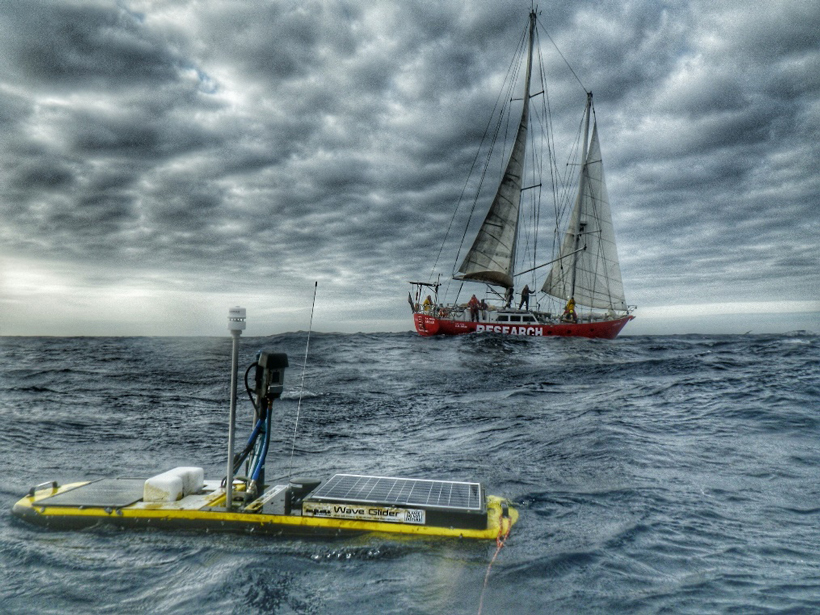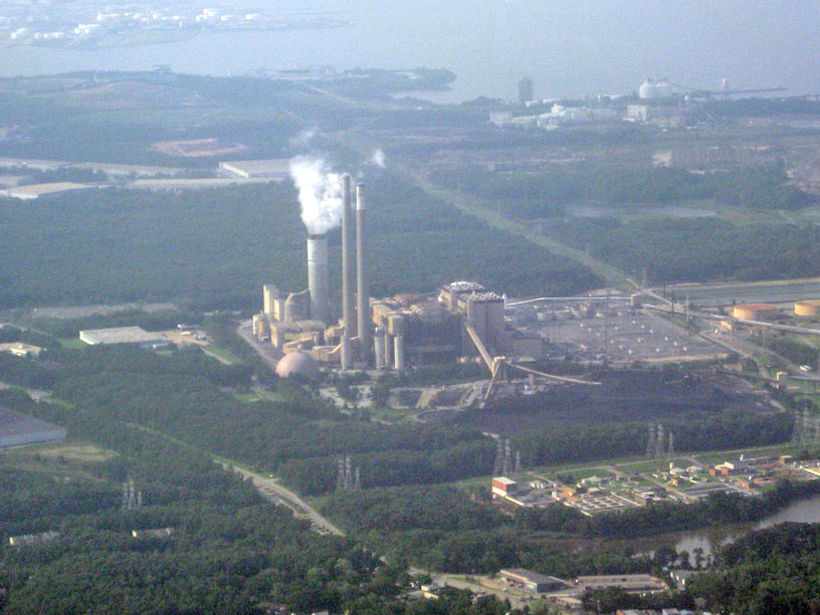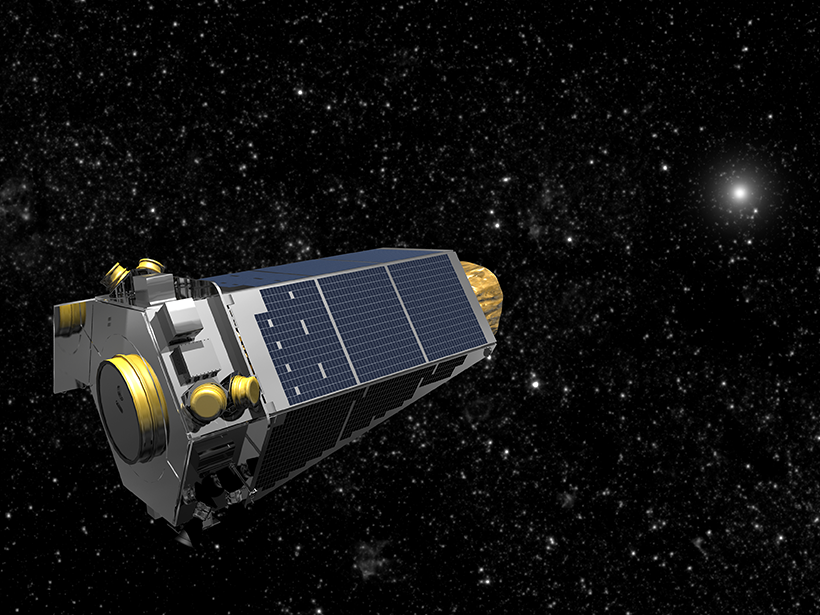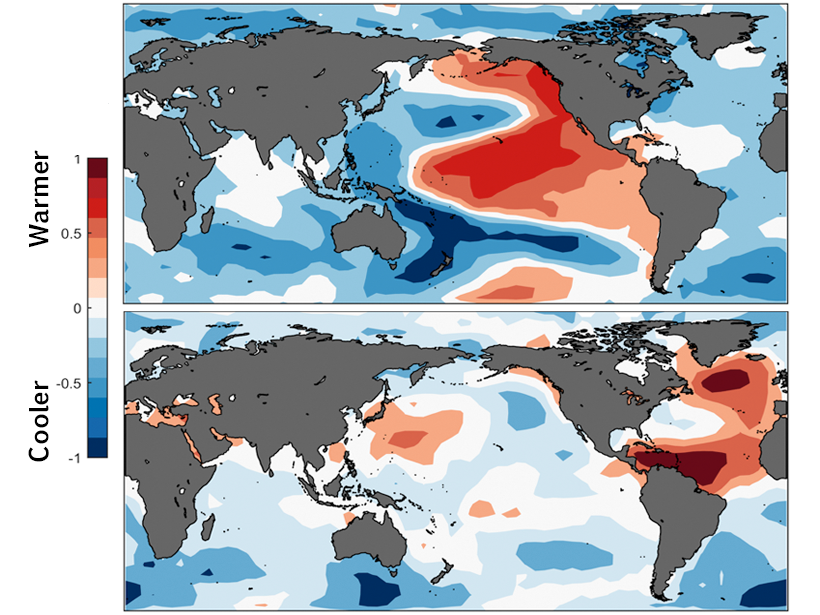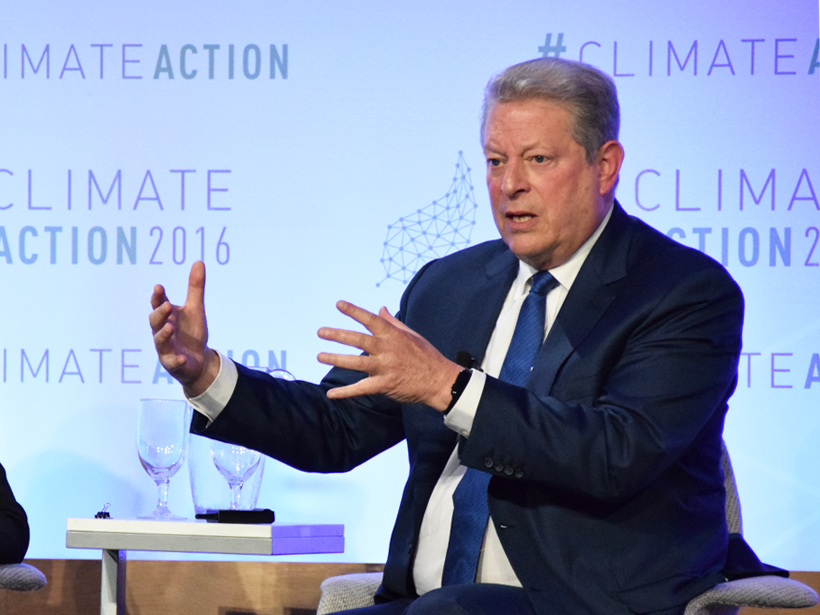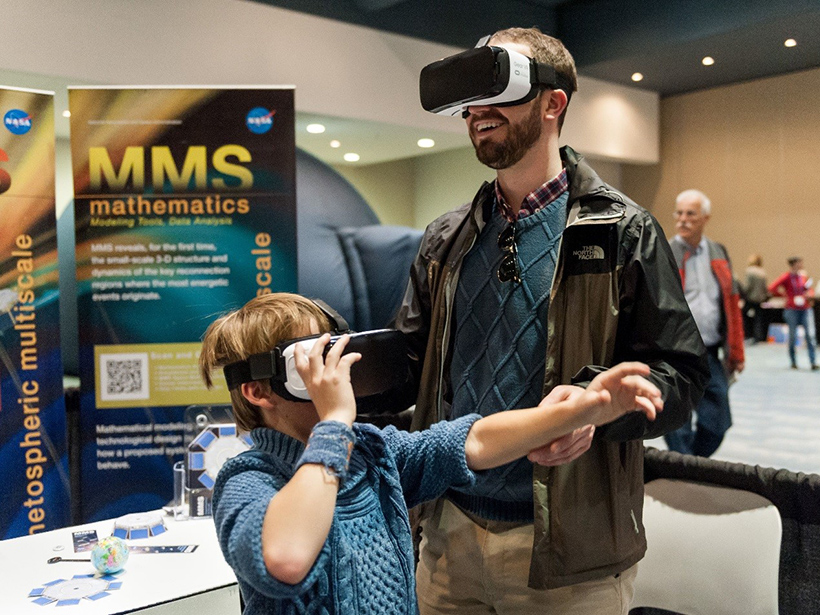By then, coal, natural gas, and renewables each will contribute about 30% of global net electricity, new report predicts.
CC BY-NC-ND 2016
New Approaches for Air-Sea Fluxes in the Southern Ocean
Air-Sea Fluxes for the Southern Ocean: Strategies and Requirements for Detecting Physical and Biogeochemical Exchanges; Frascati, Italy, 21–23 September 2015
Evaluating the Impact of Maryland's Healthy Air Act
Reducing emissions of short-lived gaseous sulfur pollutants from power plants had an immediate, local benefit, but controlling longer-lasting harmful particulate matter will require regional action.
Largest Haul of Newly Verified Exoplanets Announced
About 550 of the planets could be rocky like the Earth, and nine of the planets orbit within their star's habitable zone.
Was the Recent Slowdown in Surface Warming Predictable?
The temporary deceleration in warming across the Northern Hemisphere earlier this century could not have been foreseen by statistical forecasting methods, a new study concludes.
Reconstructing the Ocean's Murky Past
Scientists test whether sparse, indirect data can reveal ancient ocean chemistry and circulation patterns.
Gore Upbeat on Climate Stabilizing; Question Is, How Soon?
Former U.S. vice president says that responding to climate change "is the biggest business opportunity in the history of the world."
How Much Dissolved Mercury Is Present in Streams?
The results of a new study suggest that an improved understanding of the processes mobilizing mercury in soils will be necessary to predict water quality impacts.
Upcoming Leadership Elections
The American Geophysical Union announces the full slate of leadership candidates. Voting will open 29 August.
Share Your Science with Teachers and the Public at Fall Meeting
The American Geophysical Union encourages members to get involved in Exploration Station and the Geophysical Information for Teachers (GIFT) Workshop this December in San Francisco.


